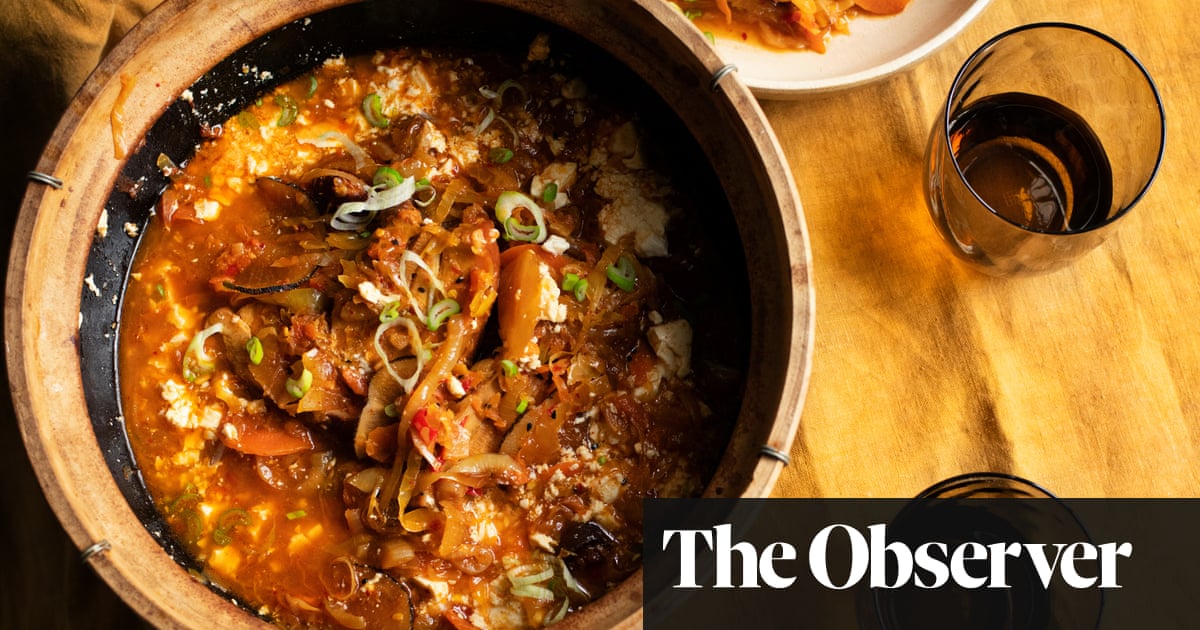
It is too often during Eid Al-Fitr, the celebration at the end of the holy month of Ramadan, that we in Turkey hear the classic, or cliched, saying, “Where are those old Eids?” This saying not only shows how people long for the traditions and customs of past Eids and Ramadans, but is also a statement that nowadays these events are not like the old times, when people knew their real meaning and lived with the spiritual significance.
I was in my home city, Istanbul, this Eid. Unlike on previous occasions, this year Istanbulites and the city’s foreign residents mainly preferred to stay in the crowded city instead of traveling to their home towns or coastal cities for the nine-day vacation. There seemed to be two main reasons for this. First is that a majority have been waiting for the upcoming June 23 re-run of Istanbul’s mayoral election. After the order to re-run the vote was announced, some 90 percent of holidaymakers from Istanbul applied to cancel their package tours or to change the date, according to the head of the Association of Turkish Travel Agencies. The second reason for Istanbulites preferring to stay at home is related to the economic conditions.
One observation one could easily make is that the political atmosphere in the country can be felt deeply during Eid celebrations. Eid, which is an event that brings together friends and family members to celebrate the end of the month of fasting, has turned into a platform for political discussions. Instead of asking about each other’s health and happiness, people ask about which party they support and criticize each other’s decisions. It is really saddening to see that Eids have become politicized, just like every other thing in the world.
Not only were political parties a topic of discussion, but also the naming of the holiday. Turks use the phrase “Ramazan Bayrami” (Ramadan feast) or “Seker Bayrami” (sweet feast) instead of Eid Al-Fitr, the Arabic name for the celebration that marks the end of Ramadan. The disputes within Turkish society are many. According to conservatives, the name should remain as Ramazan Bayrami, while secularists opt for Seker Bayrami, arguing that the month of Ramadan is over.
The truth is that neither Eid nor Ramadan are ever complete without centuries-old traditions, hospitality and empathy.
Sinem Cengiz
The other topic of dispute among conservatives and secularists is the Syrian refugees that traveled to their home country for the Eid holiday for the first time in almost 10 years. Many have criticized this on social media, saying that if they are able to travel then they should move back to Syria instead of remaining in Turkey and being a social and economic burden. Others have criticized this “racist mentality,” saying that those who travel are going to the areas liberated by Turkey and do not yet have suitable conditions to make a new life in the war-torn country. Let us keep aside all these discussions, which take away from the spiritual glory of the holy month and its feast. The truth is that neither Eid nor Ramadan are ever complete without centuries-old traditions, hospitality and empathy.
The holy month of Ramadan, which Turks also refer to as “the sultan of eleven months,” should be a month of worship. It is one of Islam’s five pillars, alongside the declaration of faith, praying five times a day, alms giving, and the pilgrimage to Makkah, and is the time when Muslims fast from dawn to dusk — a practice in self-discipline aimed at showing empathy for the suffering of those who are less fortunate. However, in recent years, this month has also turned into a month of social and cultural activities, where people gather for iftars to chat and meet. Therefore, the longing for the old Ramadans and Eids may never end in Turkey, especially among the elders who experienced the spiritual atmosphere of those days.
However, there is nothing better than talking about it. Here, the greatest task falls to the elders, who will pass the old traditions to the younger generations. It is also in the hands of the people to keep the traditional spirit in mind during this special time, and do as the Turkish saying suggests: “Tatli yiyelim, tatli konusalim,” which means, “Let’s eat sweet and talk sweet.” This is especially important for Ramadan and Eid, during which Muslims refrain from using bad words.












